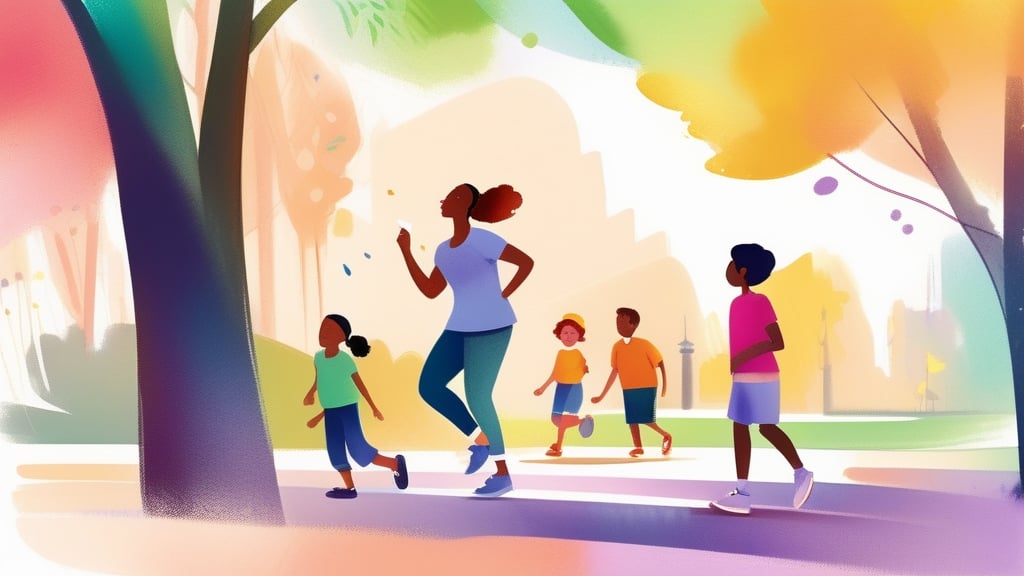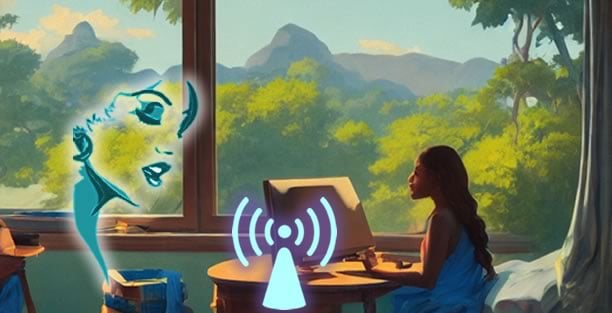Learn Breton
10%
?
| English | Breton | |||
|---|---|---|---|---|
| Hello | Demat | |||
| Hello | Devezh mat deoc'h ! | |||
| Good evening | Noz vat | |||
| Good evening | Nozezh vat deoc'h ! | |||
| Goodbye | Kenavo | |||
| See you later | Ken emberr | |||
| See you later | A wech all | |||
| Yes | Ya | |||
| No | Ket | |||
| No | Tamm ebet | |||
| Please! | Mar plij ganeoc'h | |||
| Thanks | Trugarez deoc'h | |||
| Thanks a lot | Trugarez vras | |||
| Thank you for your help | Trugarez deoc'h evit ho sikour | |||
| Don't mention it | Mann ebet ! | |||
| Don't mention it | Netra ebet ! | |||
| Ok | Mat eo | |||
| How much is it? | Pegement eo, mar plij ? | |||
| Sorry! | Ma digarezit ! | |||
| Sorry! | Digarezit ac'hanon ! | |||
| I don't understand | Ne gomprenan ket | |||
| I get it | Komprenet em eus | |||
| I don't know | N'ouzon ket | |||
| I don't know | N'ouian ket | |||
| Forbidden | Arabat | |||
| Forbidden | Difennet eo | |||
| Excuse me, where are the toilets? | Pelec'h emañ ar privezioù mar plij ? | |||
| Happy New Year! | Bloavezh mat ! | |||
| Happy New Year! | Bloavezh mat deoc'h ! | |||
| Happy birthday! | Deiz-ha-bloaz laouen ! | |||
| Happy holiday! | Gouelioù laouen | |||
| Congratulations! | Gourc'hemennoù |
Objectives
This course aims to give travelers the tools they need to quickly master essential expressions in Breton for everyday situations, such as greeting someone, asking for directions, or ordering a dish in a restaurant. By the end of the course, learners will be able to communicate with simple words.
Read more
0 / 0 - 0
Words being learned
How to learn Breton by yourself? Start with an easy and free online course!
We have adopted an objective and efficient approach to learn how to speak a language easily and quickly: we suggest you to start by memorizing words, phrases and practical expressions that you can use in everyday life and that will be useful when traveling.Getting used to pronounce words out loud, numbers for instance, is an easy exercise that you can practice often and at anytime throughout the day.
It will help you to get used to the sounds of your chosen language and thus make it more familiar.
Furthermore, using a pocket dictionary is always useful, particularly during a trip. It enables you to find the translation of new words and enrich your vocabulary.
Why speak Breton?
Although this language is in danger, it is fiercely defended, and new generations are picking it up once again, more and more naturally, in some parts of Brittany.Celtophile? Learn Breton and discover another Brittany, its monuments and its culture. Chañs vat!
Celtic heritage
Celtic heritage is visible in many archaeological sites that have many menhirs, dolmens and covered walkways which intrigue inhabitants and tourists from all over the world.The Celtic roots of the region are also recognizable in its oral tradition which includes many songs - called gwerzioù - and folk legends which are often populated by magical and malicious beings like the Korrigans and Morgans. Some regional tales are also written into the Arthurian legends. Breton dance and music are the focus of many festivals, including the fest-noz (night festival) and Celtic Circles. Many contemporary artists, such as Alan Stivell, have been hugely successful in mixing traditional music with rock or Celtic pop.
Breton gastronomy is unmissable. Specialties such as galettes, kir breton or Muscadet wines are appreciated across the whole of Europe, indeed across the whole world. While passing through the region, you can also enjoy kouigns, a typical sweet bread.
A destination for your future holidays. Looking for a holiday which combines coast and countryside, alongside historical sites and a vibrant culture of traditional dances and gourmet gastronomy? Think of Brittany!
The long Breton coast - traditionally called Armor - has many islands and a geography which favors dune landscapes, cliffs and estuaries. The interior areas - called the Argoat - are rich in forests, peat bogs and groves.
Spoken in Brittany by about 170 thousand people, Breton is a regional minority language of France considered endangered by UNESCO.
How to succeed in having good pronunciation within a week to a month?
Written in a 25-letter Latin alphabet, Breton shares several orthographic and phonetic phenomena with other modern Celtic languages, such as consonantal mutations (modification of the first letter of a word).In fact, the pronunciation of Breton is marked by the variation in use of one letter, depending on the context. One of the most remarkable cases of variation is the C'H trigram whose pronunciation varies from an aspirated H, to the Spanish jota. The letter Ñ is also present and marks the nasalization of vowels.
?
Courses available in this language





